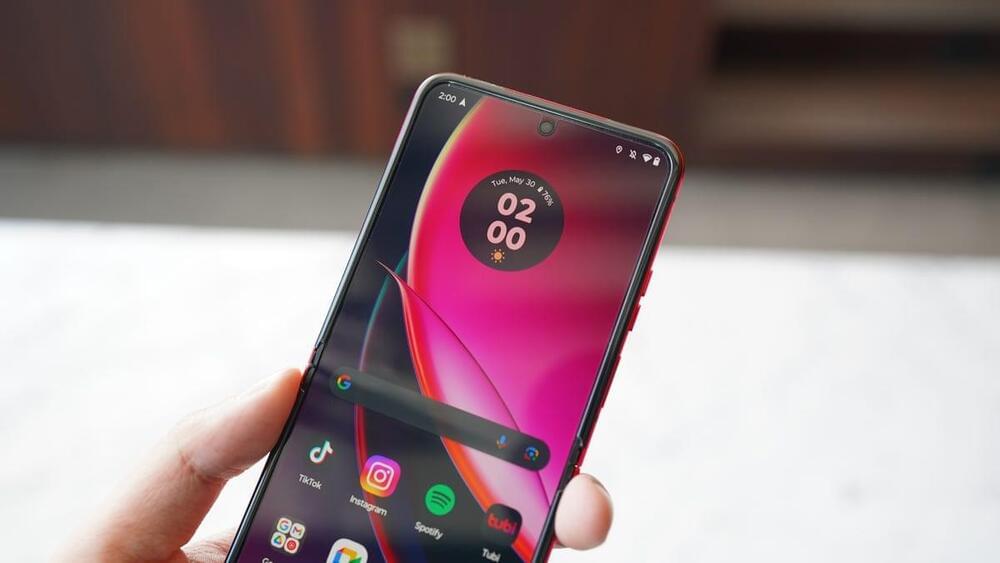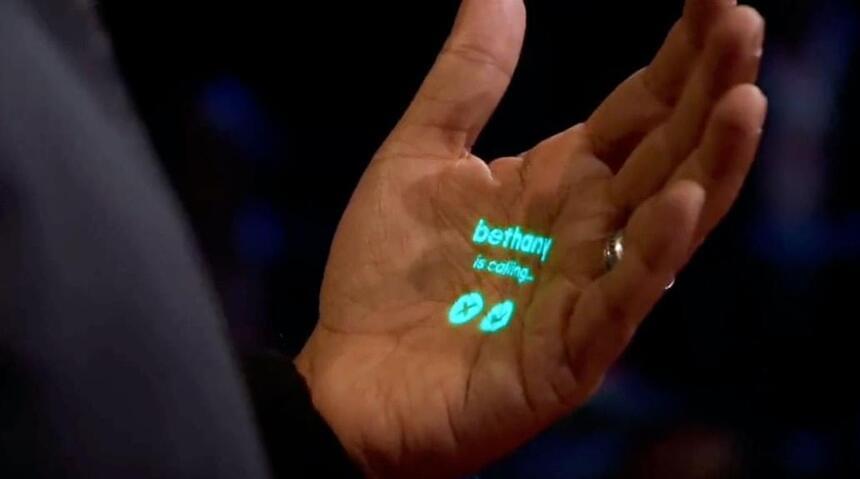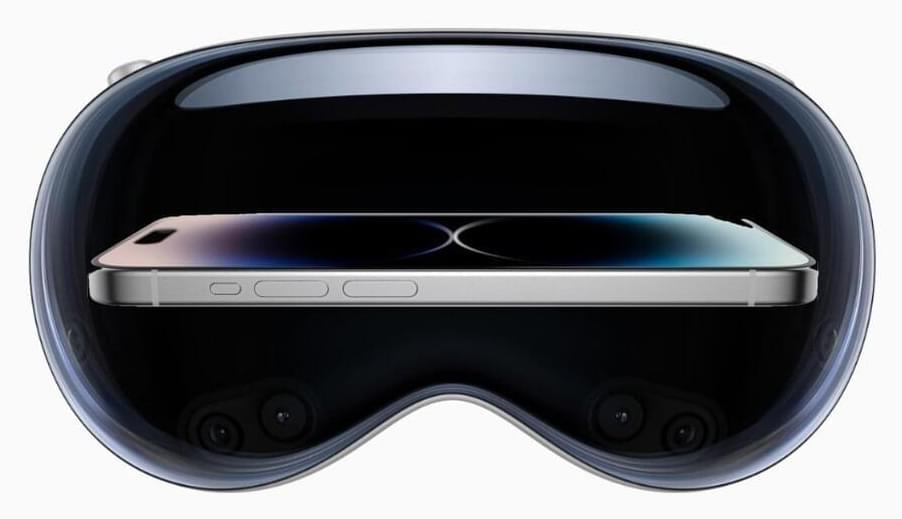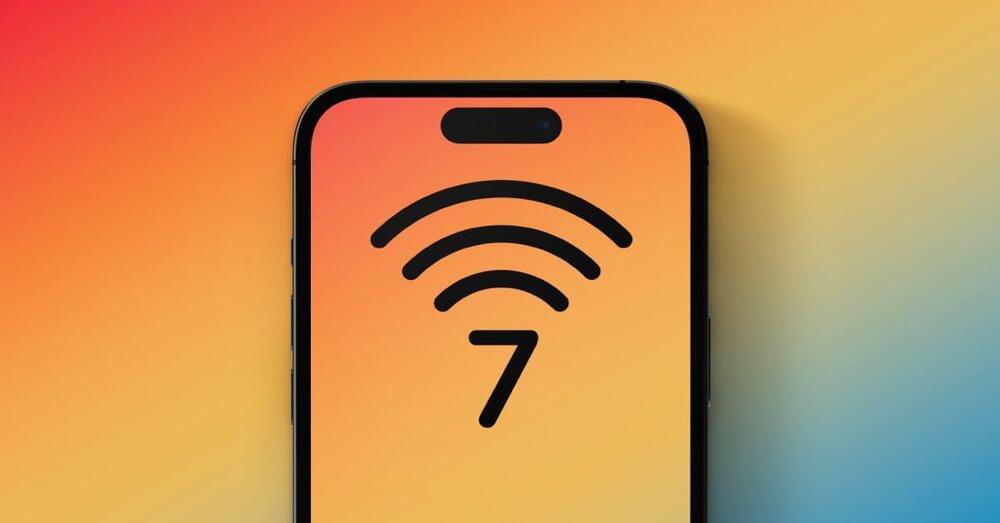Jun 30, 2023
Change this Android setting to instantly give your phone twice the speed
Posted by Omuterema Akhahenda in categories: computing, mobile phones
One tip that I always give to family members, friends, and passersby when asked, “How can I make my phone faster?” is straightforward yet typically hidden, and that’s adjusting the animation speed. The method of doing so is quick, simple, and absolutely free. And as a bonus, you’ll feel like the “guy behind the computer” from every action movie. Just follow the steps below.
A few taps and a swipe are all it takes to make your Android phone feel like new again.
Continue reading “Change this Android setting to instantly give your phone twice the speed” »

















